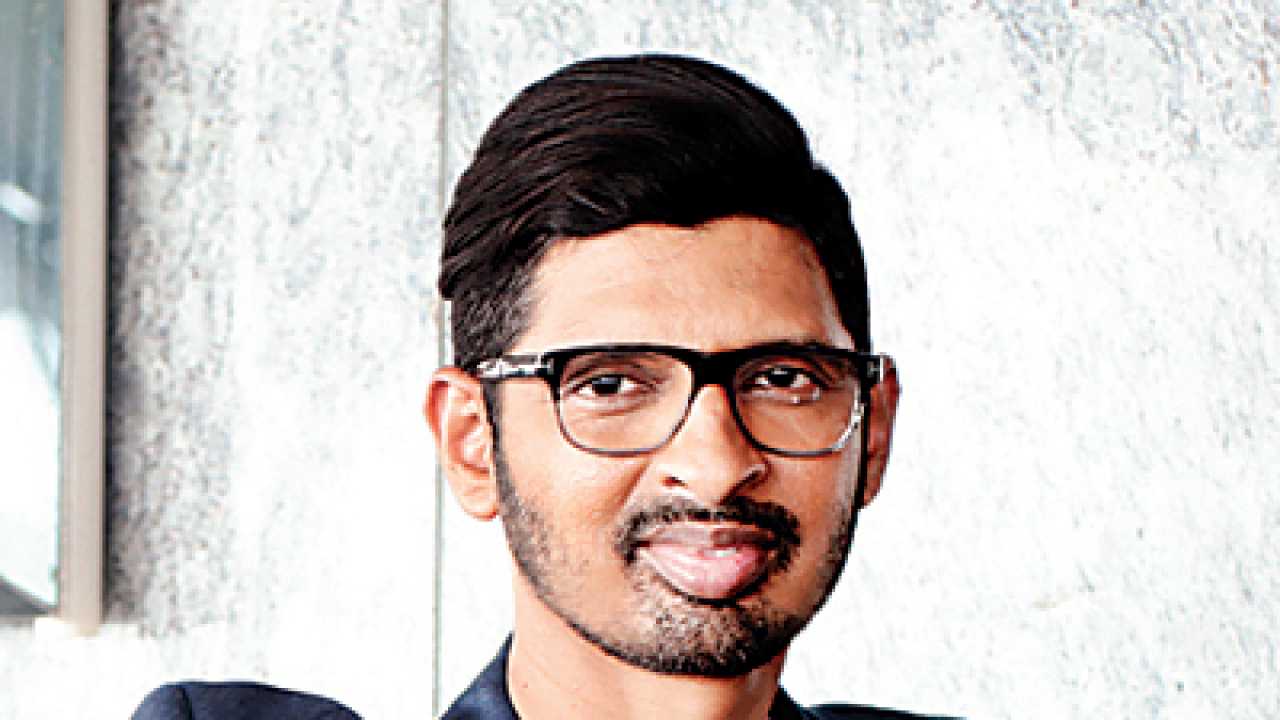
"You are travelling to central India? That too in a train?" shrieks a friend of mine when she learns I am going to Jabalpur for my play, Umrao. "God save you!" she says, hanging up. As our train pulls away from Kurla terminus the reality of her statement hits me. But in a few hours the discomfort of stinking toilets and unclean surroundings is replaced by the lilt of spoken words. Most co-passengers are speaking in a Hindi that is almost extinct in Mumbai. The `aayela-gayela' and the `tera-mera' is replaced with the `aaps' and `hums'... Muhaavras garnish each anecdote making every narrator a storyteller. Culture, tehzeeb and the love of language abounds every conversation. A group of old men discuss Delhi politics with humour, cynicism and candor that could put any columnist, analyst or linguist to shame and suddenly Bollywood gate-crashes with a shrill ringtone, "Dekha hai pehli baar saajan ki aankhon mein pyar..." We all laugh at the incongruity of the song with the situation.
Our show is staged at the NSD festival in Tarang auditorium and is received warmly. I decide to accompany my friend to a tour of Lakadganj area. Passing tiny bylanes and streets, one can witness the slow decay of what once must have been a cultural hub. "Jabalpur was once the centre of arts, music and culture," informs a septuagenarian, Sadhna Upadhyay who has kindly accompanied us to show an old house belonging to the very reputed Beni Bai (her personality inspired a character in the popular play Aaj Rang Hai). As Sadhna mausi navigates the steep stairs of the house she quips, "Is ghar ki seedhiyan chadhna toh hamesha se hi mushkil raha hai!" making all of us smile. The house is in disarray and the tenants stare curiously, till a young boy runs in to welcome us. His family took the house after Beni bai shifted to Lucknow in her old age.
Next stop is Lucknow where the Sanatkada festival is on. Every year Lucknow celebrates its rich culture in the majestic Baradari and this year the theme is Hindi films that were set in Lucknow. As Khayyam's Umrao Jaan tunes waft through the venue, there is `qissagoi' (tale telling) in full swing in the courtyard. Lucknow's famous writer Yogesh Praveen is narrating anecdotes of Ismat Chugtai during the shooting of Junoon. The audience laughs and sighs in turns as it savours galaoti kababs. The evening goes into an antakshari with a mix of old and new Bollywood songs.
Whether it is a ringtone, a bhajan set to a film tune, a tassled leather jacket in the afternoon sun, speedy bike riders with aviator glares or mixed antakshari, the irony is unmistakable. As the youth in small towns looks at Bollywood for inspiration, screenwriters and storytellers seek sparks from these very areas for `real' stories. I don't know whether we will find stories in this mutated world hanging between `old' and the `new' but I'm sure there is a large story hiding in the journey itself!